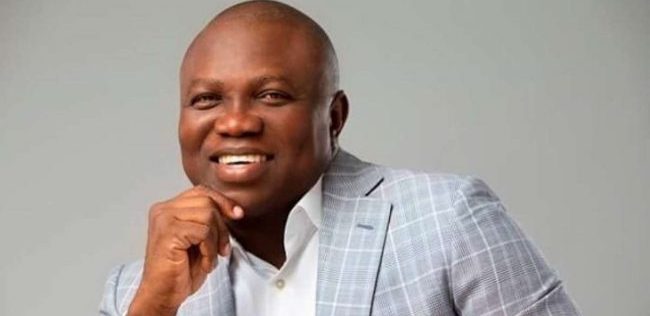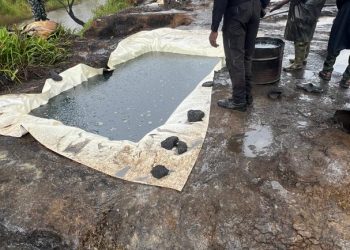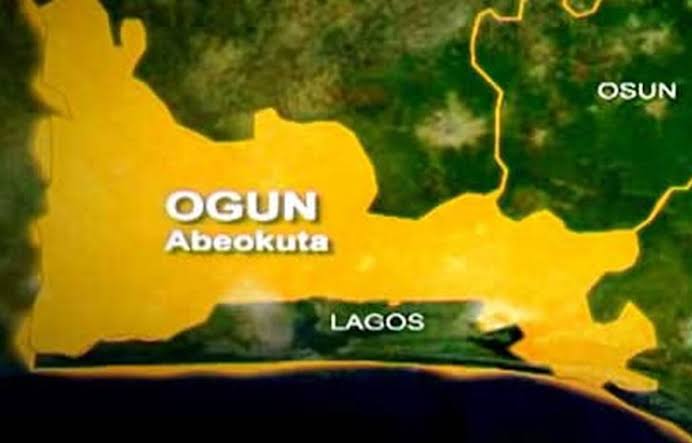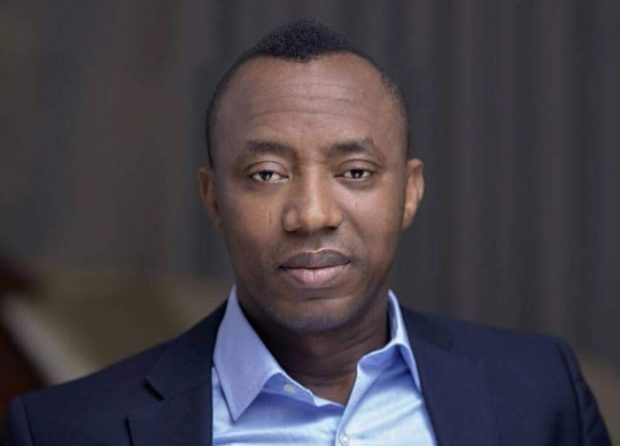Recently, Lagos State Governor, Mr. Akinwunmi Ambode signed the Yoruba Preservation and Promotion Bill into Law. By virtue of the law, Yoruba language has become mandatory in all secondary schools in the state. It is also to be integrated as a core course unit by state-owned tertiary institutions in their General Nigeria Studies (GNS).
Furthermore, the law makes it compulsory for any candidate seeking admission into Lagos State owned institutions of higher learning to have a credit pass in Yoruba, irrespective of course of study and/or score.
This law will particularly affect those seeking admission into the Lagos State University, Lagos State Polytechnic, Michael Otedola College of Primary Education, Adeniran Ogunsanya College of Education, Lagos State School of Nursing and Lagos State College of Health Technology.
The law also reads in part: The use of Yoruba language shall be an acceptable means of communication between individuals, establishment, corporate entities and government in the state if so desired by the concerned. It shall not be an offence for a person to speak Yoruba language …
Lagos, being a cosmopolitan city, is home to people from different parts of the country and beyond. With this in mind therefore, what does this law portend especially, for those who do not speak or understand Yoruba language? This, and several other questions are agitating the minds of many Lagosians.
For Mr. Muyiwa Akintunde, a Public Relations Consultant, “there is a wave of campaign for the promotion of indigenous languages. It draws from the realisation that indigenous languages may become extinct particularly in countries previously colonised unless drastic measures are embarked upon to reverse the trend. Lagos is obviously keying into that. I consider the new law as a welcome development. It’s long overdue. In today’s homes in Nigeria, the language of communication is English rather than our local languages. Meanwhile, the best way to learn a foreign language is to first be grounded in your own native tongue.”
But in recognition of the cosmopolitan nature of Lagos, Akintunde is also of the view that ability to communicate in Yoruba should not be made a condition for admission into academic institutions for non-Yoruba citizens. Aside from the challenge the new law will create for non-Yoruba speaking admission seakers, Akintunde believes that other states should follow the Lagos example.
For Mrs. Daye Etim, a private sector worker, the making of the law is a welcome development. It is her belief that since people make efforts to learn foreign languages, they can as well, expend some energy in learning local languages.
“I think in trying to protect our local languages and culture, laws like this should be enacted in all states. In trying to pass the subject, one might just get to learn or understand the language and culture in earnest. Moreover, this will help foster better interactions and adaptation especially with the locals in the state.
Read also: Trial day for Etete, ENI, Shell over Malabu
“What makes Spanish, French, or even English worthy of being taught in our schools and even made compulsory in some cases? Should we continue to regard those languages as being superior to ours?,” Etim wondered.
Contrary to the views expressed by previous respondents, Dr. Ayo Renner, while acknowledging the right of the state to make laws, considers the Yoruba language law devisive. He believes that in making the law, consideration should have been given to all.
“It’s a complex issue. Lagos State has its laws. Yoruba can be made mandatory in Lagos State owned schools but private schools should not be compelled to teach Yoruba to students who are not offering the subject. It would have been more understandable if Yoruba history was being taught as an elective subject not making teaching the language mandatory. It appears divisive.”
Also, in his view the state is at liberty to decide the criteria for admission into its tertiary institutions just as candidates have the option of challenging the law in a court of competent jurisdiction.
Rather than force the language down the throats of admission seakers, Renner suggests that “if Lagos lawmakers want to preserve Yoruba culture, they should look to more creative means like enlisting the help of dramatist to re-enact important milestones in Yoruba history on special occasions so that young ones can show interest. Until Yoruba becomes the language of instruction in Nigeria, or even in Lagos, this move is utterly unnecessary.”
Similarly, Mrs. Mary Ashindoitiang, a pharmacist, sees the law as totally selfish and wonders: “how can they say a credit in Yoruba is mandatory to get admission into a state owned institution of higher education. Is it a lingua franca?”
From her perspective, if every state decides to make a credit pass in their predominant language a criteria for entrance into their tertiary institutions, schools will only admit indigenes and “where will that lead us to? The unity we clamour for will be jeopardized. It is enough that the subject is compulsory in secondary schools but a prerequisite for admission, I don’t agree. If so, then I suggest that all Corp members must learn the dialect where they serve or else no passing out.”
Mrs. Toun Merenini, a mumpreneur, supports the law to the extent that it promotes the culture, but on the flip side, she recalls that there are children who have over time, not been able to gain admission into tertiary institutions due to their inability to pass English language, “so adding this will increase the number of children at home.”
Mr. Obika Nwangene, a businessman also has no problems with a law promoting and preserving any language. As a matter of necessity he thinks other states should follow suit because a lot of local languages are going extinct. However, he is totally opposed to the idea that any state should make a credit pass in their local language a criteria for admission into its tertiary institutions.
For Nwangene, Lagos State has set a bad precedence with this move. “It is discriminatory, divisive and myopic. Even saying that Yoruba will now be a language of doing business in the state also has some negative implications. It means that for me to do business with Lagos State, I must be fluent in Yoruba because somebody at the state Ministry of Health, for instance, can decide that his language of communication will be Yoruba.” According to him, the government needs to rethink some aspects of the law in order to foster peace and unity in the state.
But Lagos State Commissioner for Information and Strategy, Mr. Kehinde Bamigbetan describes the new law as “a clear and conscious commitment to the position which Lagos State prides Yoruba language as the cultural vehicle for us to be able to articulate our position and it also shows that Lagos has further recognised the importance of language as a vehicle for development.”
Indeed, while the state is being commended for its efforts to promote and preserve the language of the people and their culture, the only set back appears to be that it is also perceived as divisive in nature.











